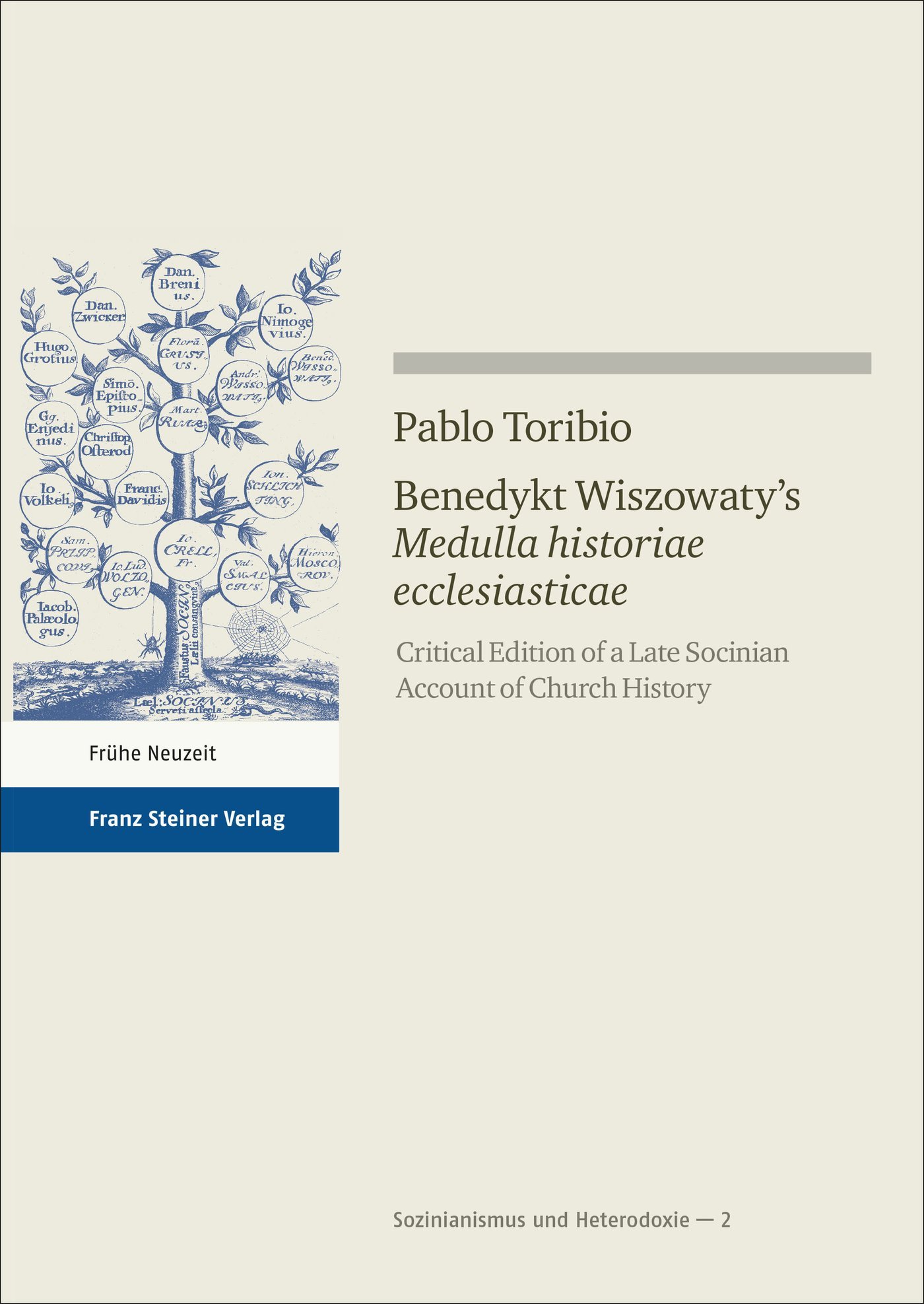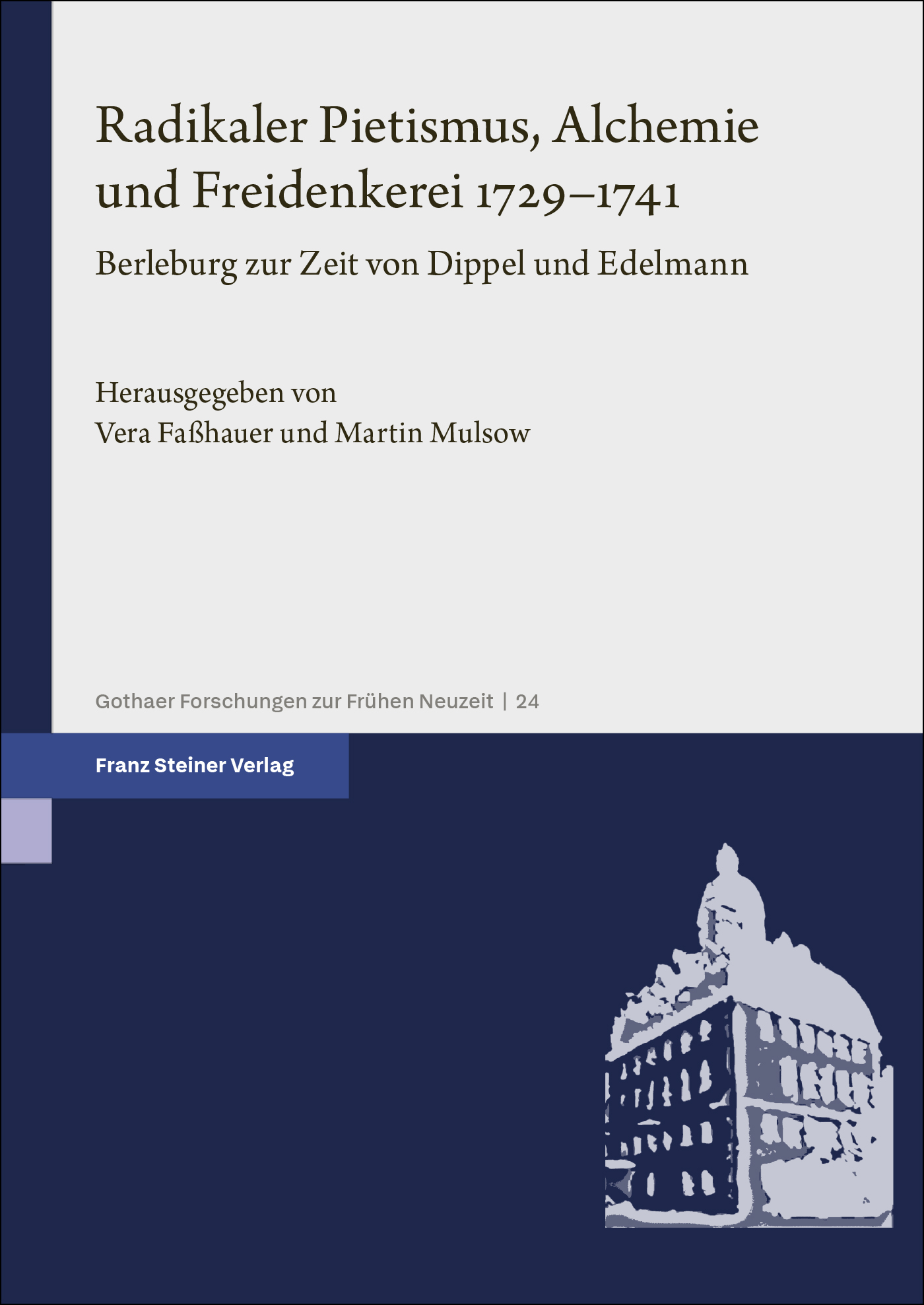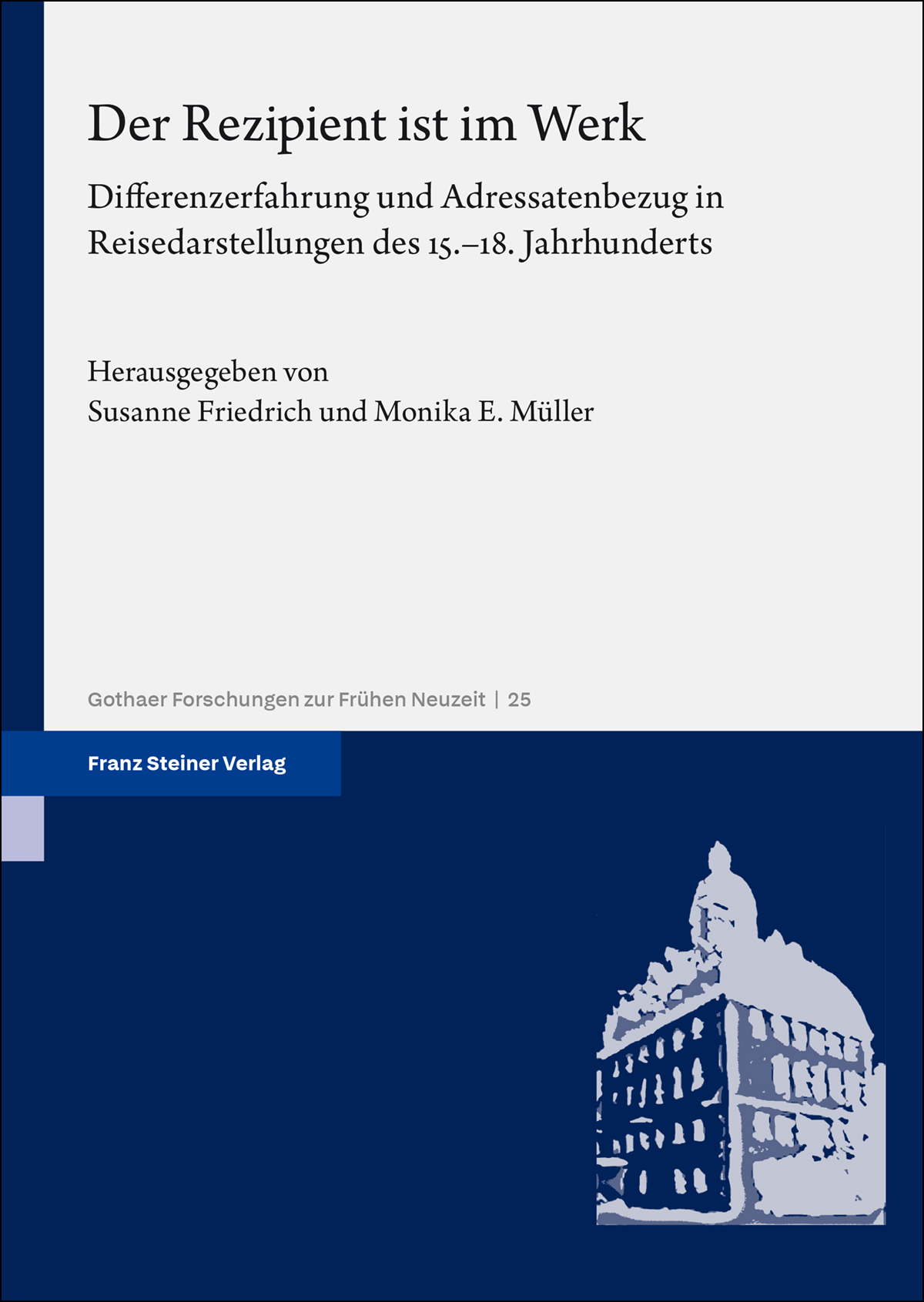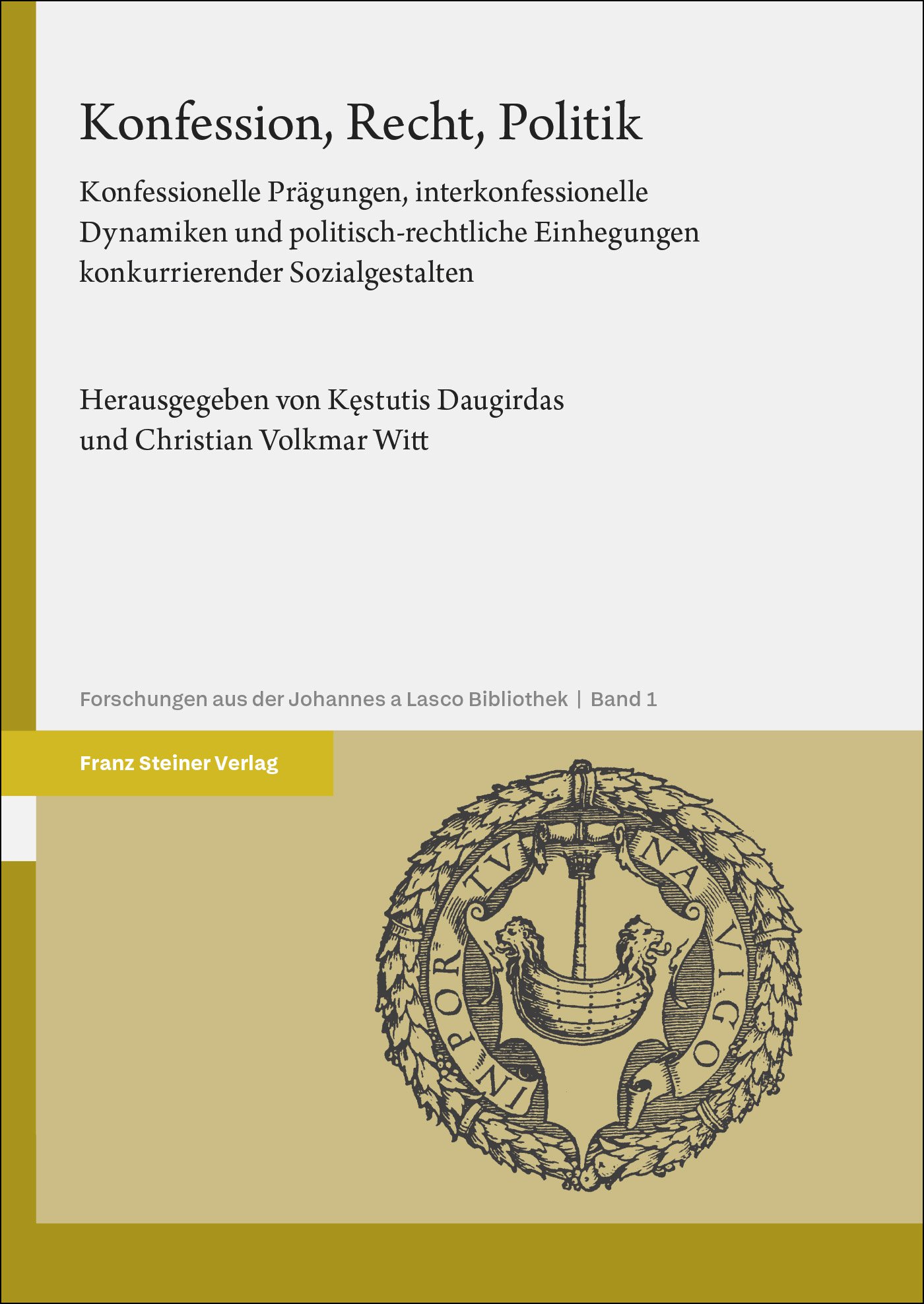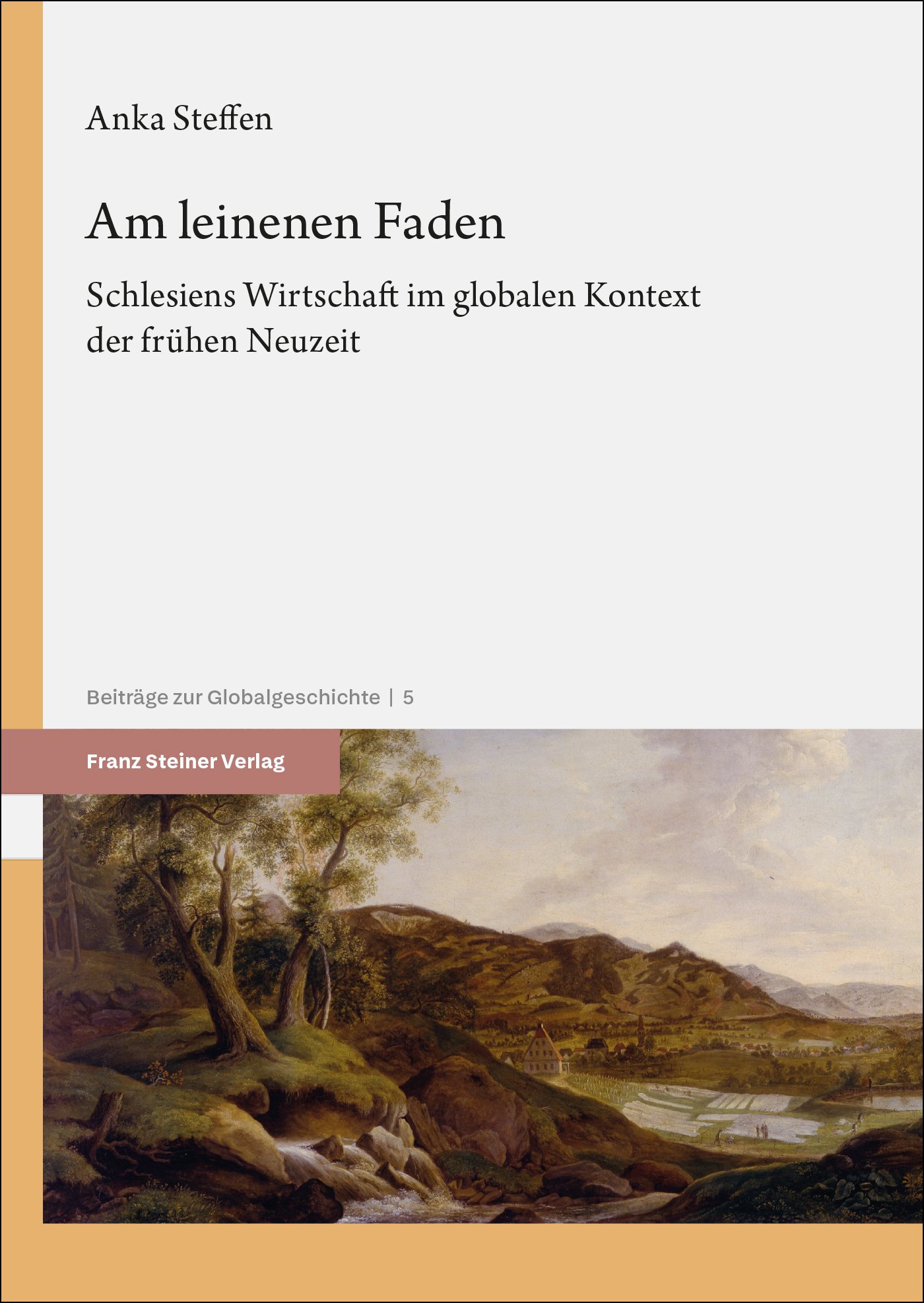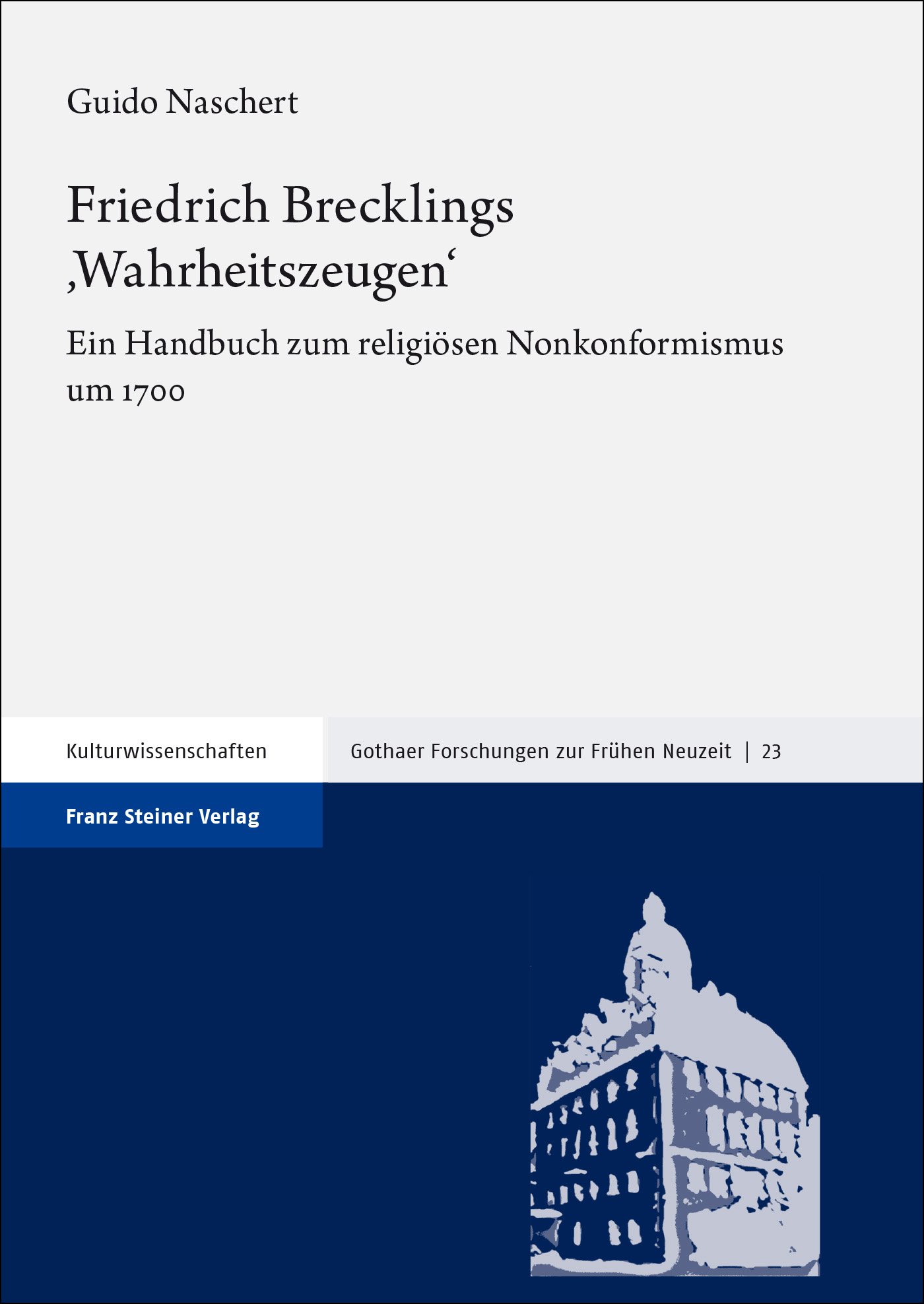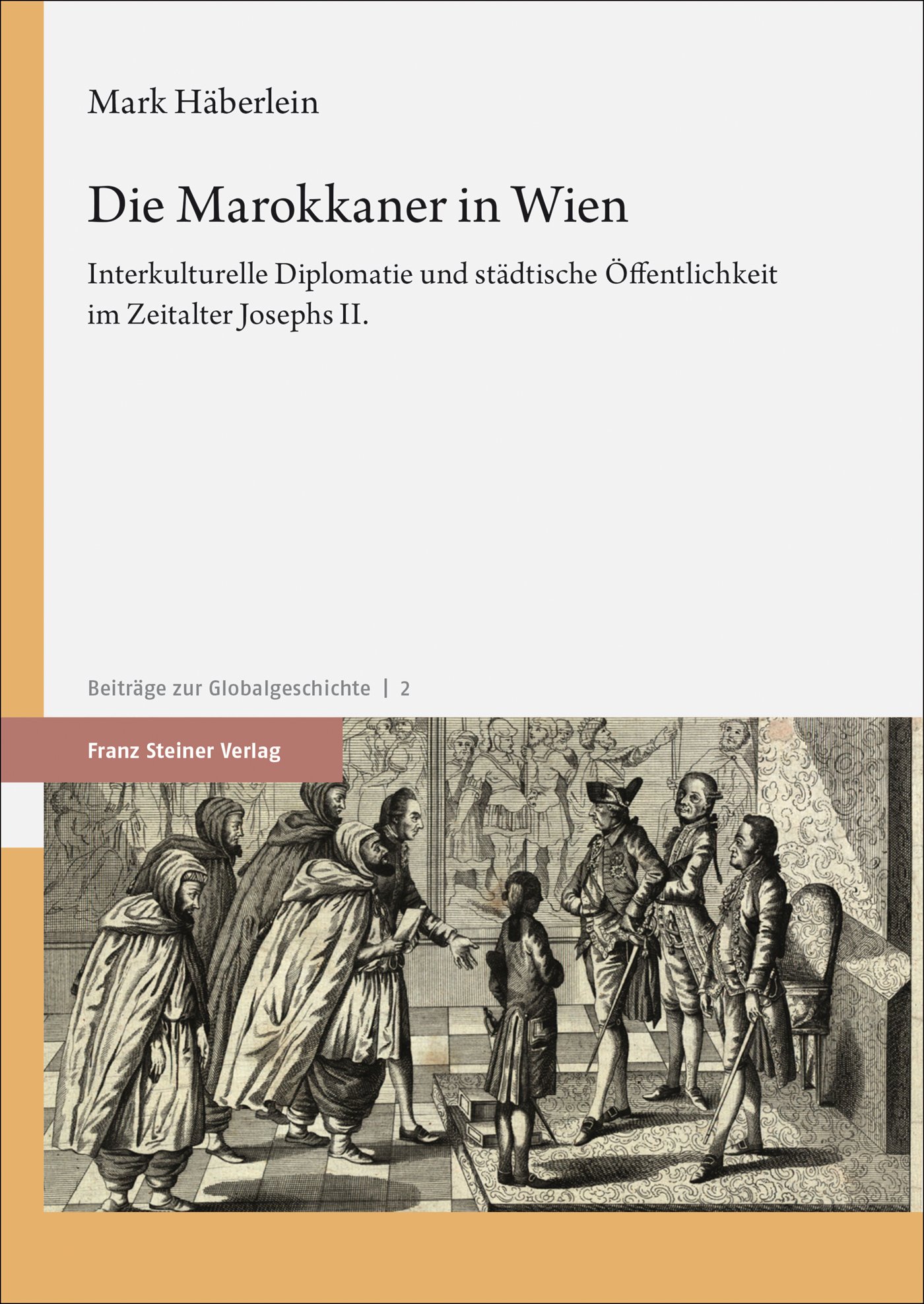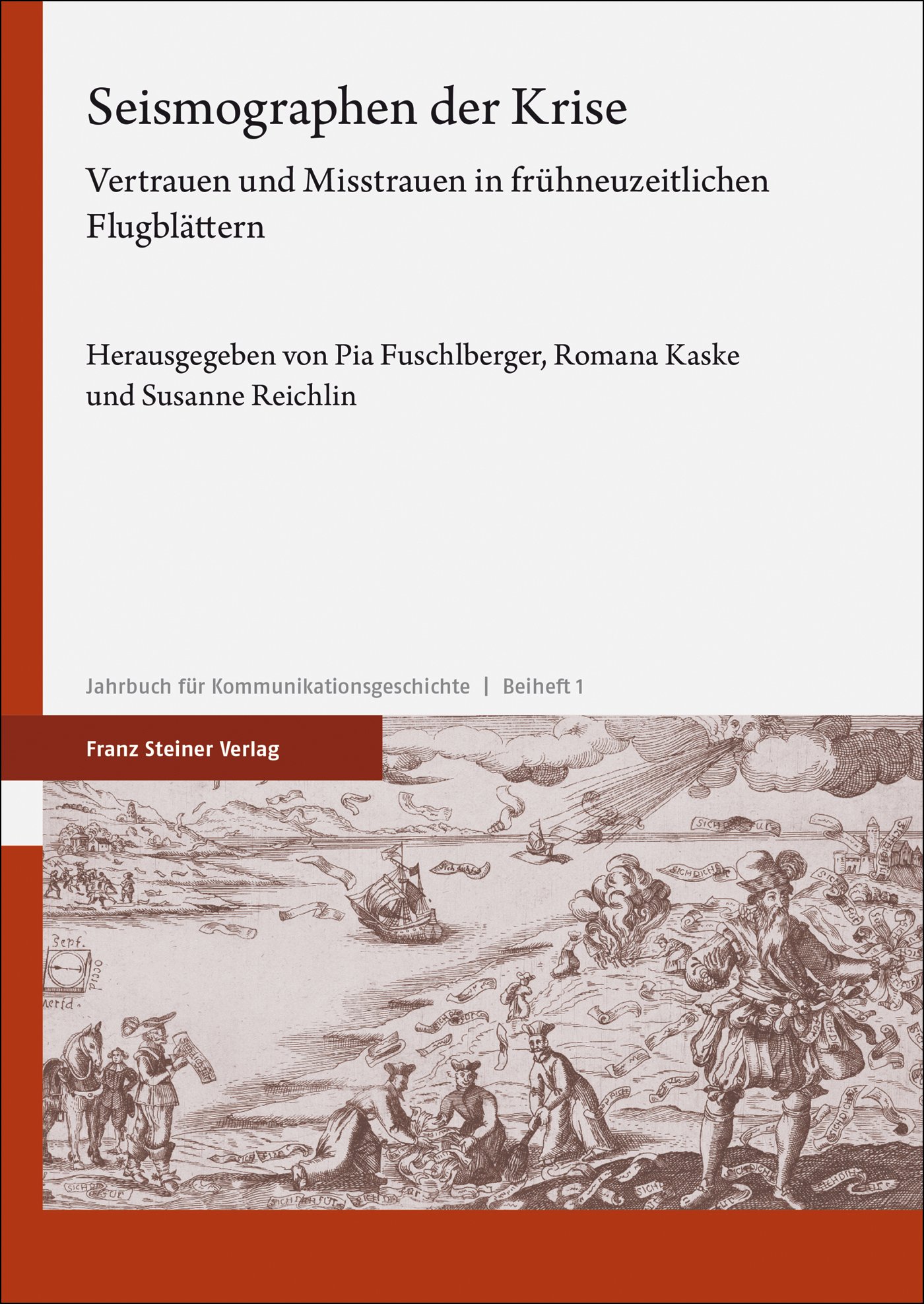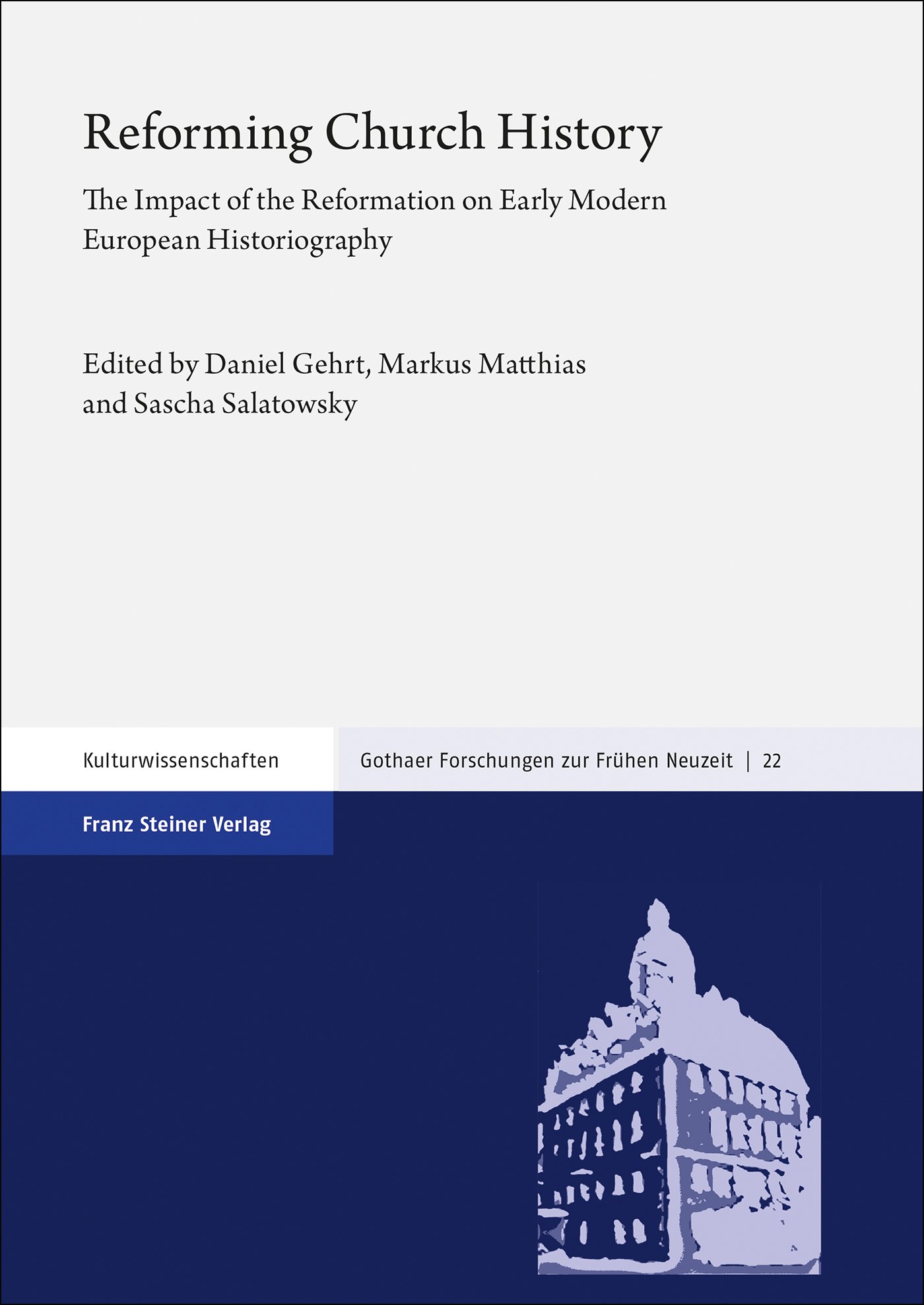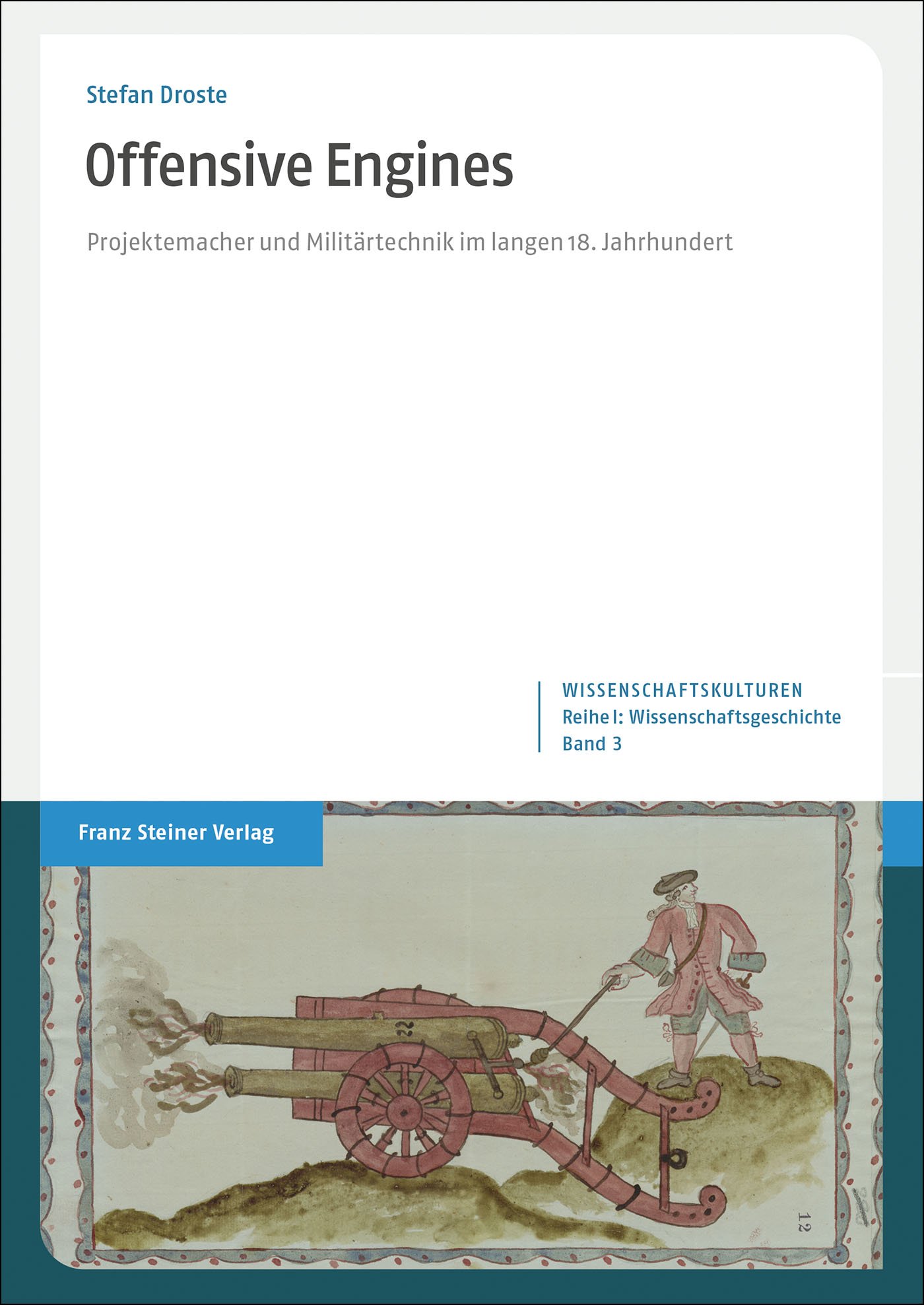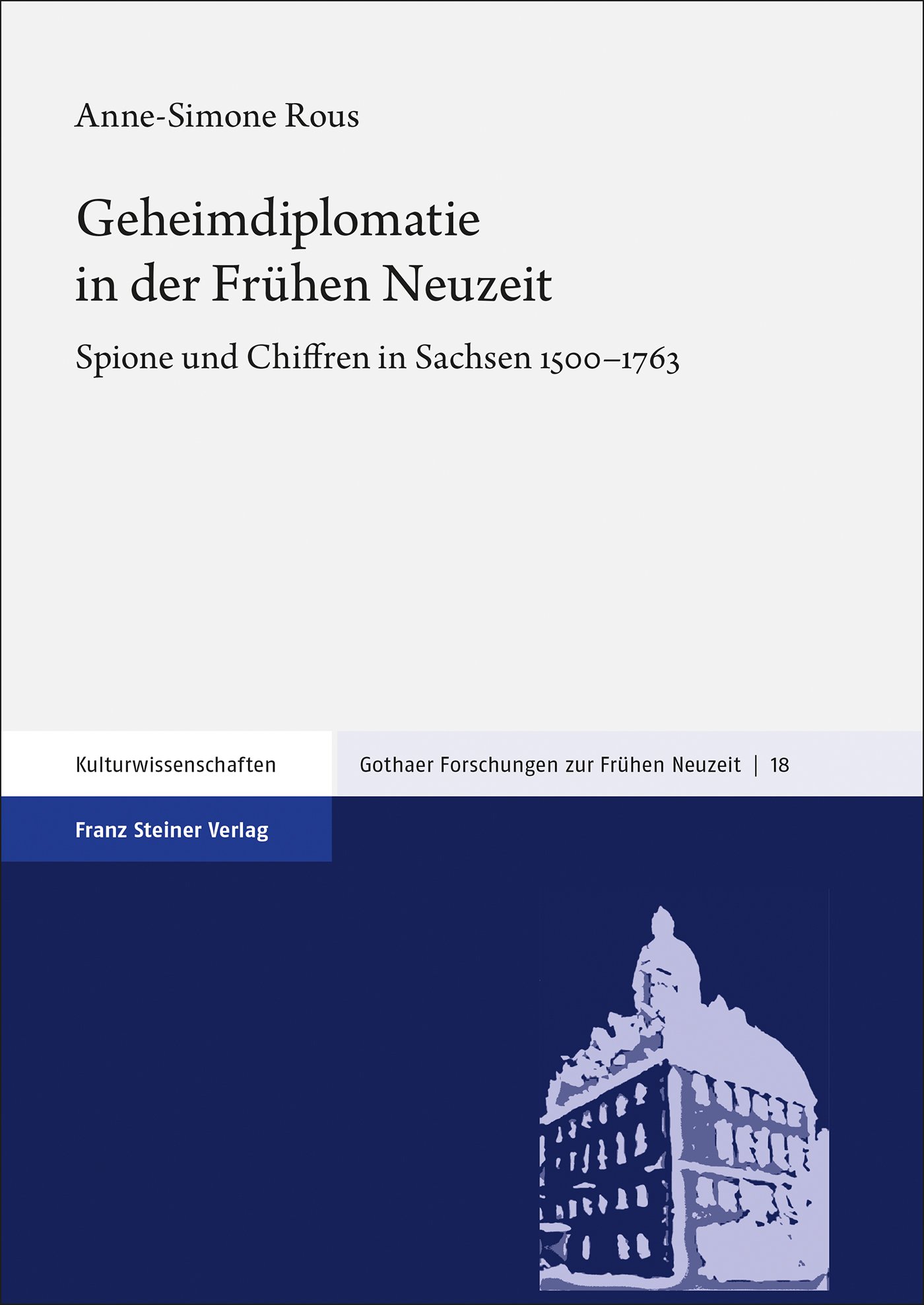Benedykt Wiszowaty’s „Medulla historiae ecclesiasticae“
Benedykt Wiszowaty’s „Medulla historiae ecclesiasticae“
An elusive figure of late Socinianism, Benedykt Wiszowaty (ca. 1660–after 1704) was the great grandson of Fausto Sozzini. He was educated in Amsterdam, where he was responsible for several publications that ensured the Western European reception of Socinianism after its proscription from Poland, including Christoph Sand’s (1644–1680) Bibliotheca Anti-Trinitariorum (1684). With his Medulla historiae ecclesiasticae (ca. 1685), Wiszowaty accomplished "probably the last serious work to come from the Polish Socinians, one which winds up their contribution for good and is in a sense their parting shot" (Lech Szczucki). Rooted in sixteenth-century Protestant apologetic traditions and much indebted to contemporary schorlarship from different confessions, the Medulla aims to identify traces of Socinian Christology in every period of Christian history. Pablo Toribio publishes this Latin treatise for the first time, providing a critical edition based on all known manuscripts (held today in Budapest, Cluj-Napoca and Hamburg). The edition is introduced by a philological discussion of the text and an account of Wiszowaty’s life and intellectual profile.
| Band | 2 |
|---|---|
| ISBN | 978-3-515-13725-6 |
| Medientyp | E-Book - PDF |
| Auflage | 1. |
| Copyrightjahr | 2024 |
| Verlag | Franz Steiner Verlag |
| Umfang | 293 Seiten |
| Abbildungen | 1 s/w Grafiken |
| Sprache | Englisch |
| Kopierschutz | mit digitalem Wasserzeichen |
